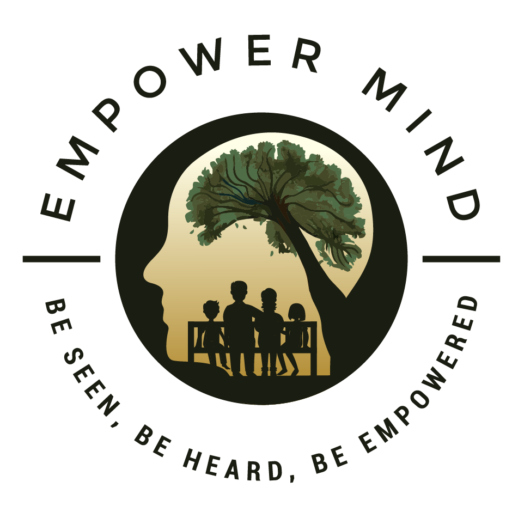
Raising a child with Attention-Deficit/Hyperactivity Disorder (ADHD) presents unique challenges that can be overwhelming for parents. Whether you’re in the Dallas/Fort Worth area, Austin, or Houston, understanding how to effectively manage your child’s ADHD is crucial for fostering a positive and supportive environment. At our psychiatrist practice in Frisco, TX, we’re dedicated to helping families navigate the complexities of ADHD with expert guidance and practical strategies that can make a significant difference in your child’s development and well-being.
ADHD is a neurodevelopmental disorder that affects a child’s ability to focus, control impulses, and manage their energy levels. Children with ADHD may struggle with tasks that require sustained attention, experience hyperactivity, and often act on impulse. These symptoms can impact their performance at school, their relationships with peers, and even their self-esteem.
Common symptoms of ADHD in children include:
Every child with ADHD is unique, and the severity and combination of symptoms can vary. As a parent, it’s essential to develop strategies that address your child’s specific needs while providing a structured and nurturing environment.
Parenting a child with ADHD requires patience, consistency, and a deep understanding of their condition. Here are some strategies that can help you support your child’s growth and development:
While these strategies can make a significant difference in managing ADHD, professional support is often essential. Our psychiatrist practice in Frisco, TX, offers comprehensive ADHD evaluation and treatment services for children and families across the Dallas/Fort Worth area, Austin, and Houston. We provide personalized care that includes behavioral therapy, parent coaching, and medication management when necessary.
Our experienced team of psychiatrists and therapists is here to support you every step of the way, helping you and your child navigate the challenges of ADHD with confidence and compassion. We understand the unique needs of children with ADHD and are committed to providing the highest quality care to help your child succeed.
Our experienced team of psychiatrists and therapists are dedicated to providing compassionate care, utilizing the latest treatments for depression, anxiety, and other mood disorders. Whether you’re in need of talk therapy, medication management, or a combination of both, we’re here to support you on your journey to better mental health.
If you’re a parent in the Dallas/Fort Worth area, Austin, or Houston and are seeking guidance on managing your child’s ADHD, contact our office in Frisco today to schedule a consultation. Let us help you create a tailored plan that empowers your child to thrive both at home and at school.

A mental illness is a condition that affects a person’s thinking, feeling, behavior or mood. These conditions deeply impact day-to-day living and may also affect the ability to relate to others. If you have or think you might have a mental illness, the first thing you must know is that you are not alone.
Copyright © 2023 — All rights reserved by Empower Mind | Website Made By SalesEnzine.